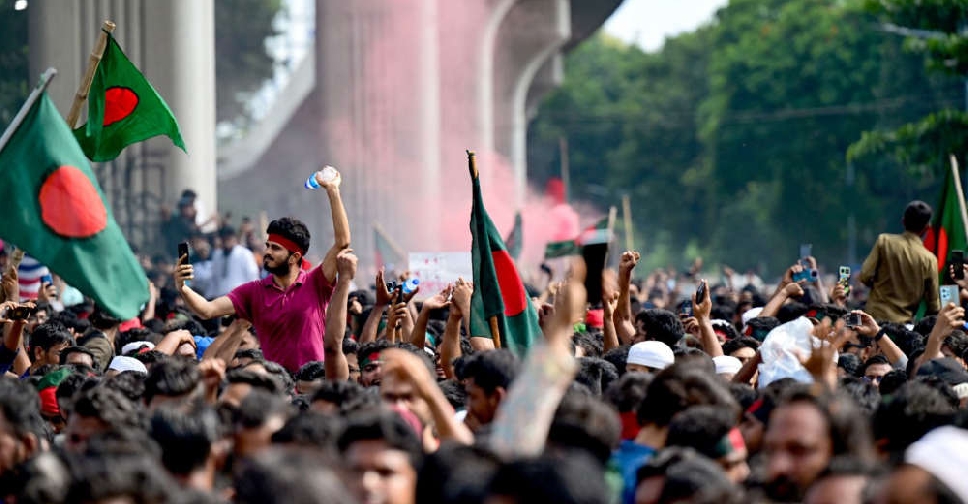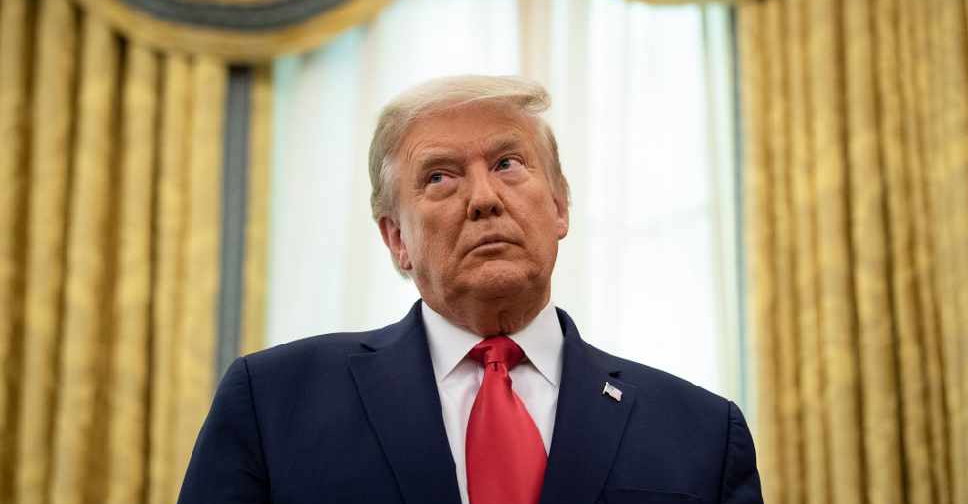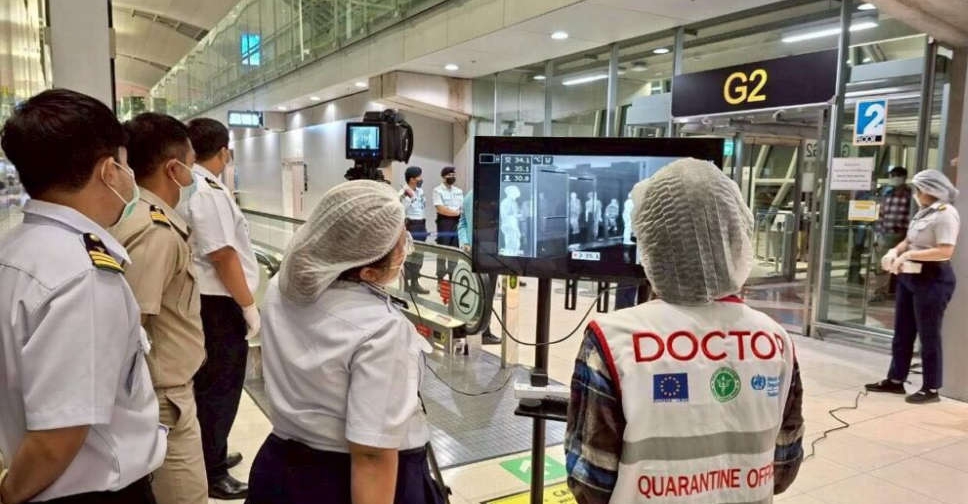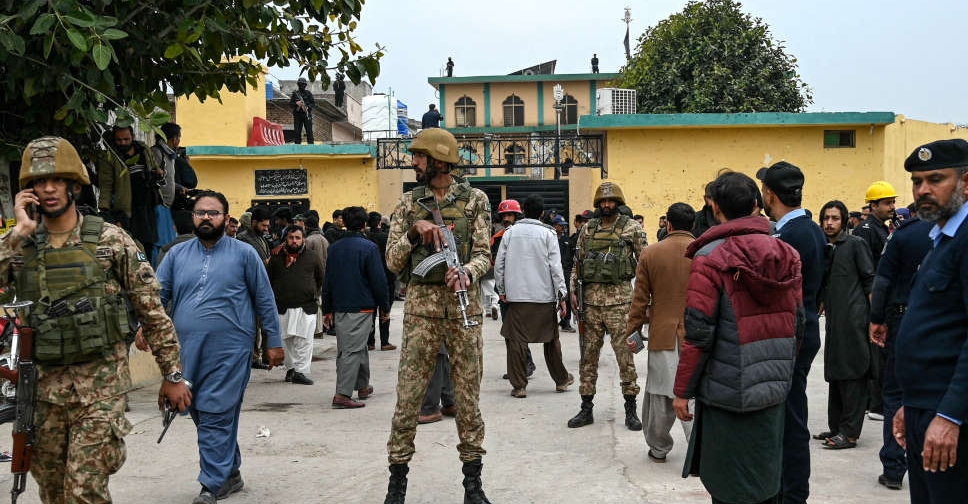
The night before long-time leader Sheikh Hasina abruptly fled Bangladesh amid deadly protests, her army chief held a meeting with his generals and decided that troops would not open fire on civilians to enforce a curfew, two serving army officers said.
Gen. Waker-Uz-Zaman then reached out to Hasina's office, conveying to the prime minister that his soldiers would be unable to implement the lockdown she had called for, according to an Indian official briefed on the matter.
The message was clear, the official said: Hasina no longer had the army's support.
Details of the online meeting between military top brass and the message to Hasina that she had lost their backing have not previously been reported.
They help to explain how Hasina's 15-year rule, during which she brooked little dissent, came to such a chaotic and sudden end on Monday, when she fled from Bangladesh to India.
The nationwide curfew had been imposed after at least 91 people were killed and hundreds injured in nationwide clashes on Sunday, the deadliest day since student-led protests against Hasina began in July.
Army spokesman Lt. Col. Sami Ud Dowla Chowdhury confirmed the Sunday evening discussions, which he described as a regular meeting to take updates after any disturbance. He did not provide details when presented with additional questions about decision-making at that meeting.
Hasina could not be reached and her son and advisor, Sajeeb Wazed, did not respond to repeated requests for comment.
Reuters spoke to ten people familiar with the events of the past week, including four serving army officers and two other informed sources in Bangladesh, to piece together the final 48 hours of Hasina's reign. Many of them spoke on condition of anonymity due to the sensitivity of the matter.
Hasina, who has ruled Bangladesh for 20 of the last 30 years, was elected to a fourth term leading the country of 170 million in January, after arresting thousands of opposition leaders and workers. That election was boycotted by her main rivals.
Her iron-fisted grasp on power has been challenged since summer by protests triggered by a court ruling to reserve government jobs - heavily coveted amid high youth unemployment - for certain segments of the population. The decision was overturned but the demonstrations had quickly morphed into a movement to oust Hasina.
Zaman has not publicly explained his decision to withdraw support from Hasina. But the scale of the protests and a death toll of at least 241 made supporting Hasina at all costs untenable, three former senior Bangladesh army officers told Reuters.
"There was a lot of uneasiness within the troops," said retired Brig. Gen. M. Sakhawat Hossain. "That is what probably (put) pressure on the chief of army staff, because the troops are out and they are seeing what is happening."


 Trump condemns, won't apologise for video with racist clip on Obamas
Trump condemns, won't apologise for video with racist clip on Obamas
 Search for Nancy Guthrie, missing 6 days from Arizona home, turns to new message
Search for Nancy Guthrie, missing 6 days from Arizona home, turns to new message
 WHO says one person dead from Nipah virus in Bangladesh
WHO says one person dead from Nipah virus in Bangladesh
 Explosion at mosque in Pakistan's capital kills 31
Explosion at mosque in Pakistan's capital kills 31



